"I had no other thoughts except how great the music was"
A reflection on spirit, resilience, and purpose
When I fell for the Allman Brothers Band in the early 1990s, the reverence the band and fans had for their founding era and ethos attracted me nearly as much as the music itself.
It started a lifelong quest to better understand the music I had fallen so deeply for, which resulted in Play All Night! Duane Allman & the Journey to Fillmore East 30 years later.1
There’s a lot I relate to in the Allman Brothers’ story. It’s a Southern story, a Florida story.2
I was just entering adulthood and their lessons of resilience rang particularly true. The serendipity of their converging, Duane’s spirit and the band’s relentlessness. The band picking up after his tragic death.3
They endured several tragedies and were a forgotten entity when they regrouped in 1989. The new lineup, with Warren Haynes & Allen Woody, continued the trend of adding just the right new pieces and letting them do their thing.
From playing his funeral, to finishing Eat a Peach, to embarking on a massive tour as a quintet, the story inspired me.
It still does.
“Ain’t Wastin’ Time No More” is my first listen whenever anyone I love dies. It’s a lesson for life.
What was it about the original Allman Brothers Band that inspired such loyalty to the vision?
This was one of the first questions I asked as I embarked on the journey of turning my passion for Duane and the Allman Brothers Band into a Ph.D. dissertation, then a book.
Here are some quotes from the band about this very thing.
Jaimoe
“The early years were just the greatest thing in the world. It was like having your masters and working on your doctorate—and you’re doing it with Einstein. It was going great, so we didn’t think about what would happen in a month. I think Duane did. He always had a vision, but I had no other thoughts except how great the music we were playing was. The whole world closed out.”
Duane
This comes from a July 1971 interview in the middle of weeklong run on the Atlantic City boardwalk. The Allman Brothers had just released At Fillmore East.
“You’ll have to pardon me if I appear a bit swell-headed about this band, but I’m really proud of it, and it shames a lot of other bands I’ve ever heard. We’re a lot more serious about it than a lot of people are, and we work a lot harder at it than a lot of people do. It is very greatly evidenced every time we play with a band that is supposed to be some kind of hot shit. We’ve been putting them in the back seat every place we play and we’re going to keep on doing it because we like what we’re doing. We do it damn good and we’ve been at it a long time.”
Dickey
“Duane was just so assured and straight ahead. When he wanted to get something done, he would just go straight ahead, and nothing would stop him.
And that’s what he offered to the band. That confidence and the ‘We can do it!’ Not a cheerleader, but keeping everyone’s morale up.
And of course his playing was incredible. We know about his playing! But when Duane got his mind set, he was straight ahead. And he would inspire people around him.
It was an interesting mix. Berry was kind of the guru of the band, and Duane was the real fire-breathing, straight-ahead, nothing-can-stop-me guy. It was really a good mix.”
Berry (by Dickey)
“I bring up the importance of Berry Oakley in every interview, but it doesn’t always get printed. For one thing, Berry was the social dynamics guy: he wanted our band to relate to the people honestly. He was always making sure that the merchandise was worth what they were charging, and he was always going in and arguing about not letting the ticket prices get too high, so that our people could still afford to come see us. ‘Whipping Post’ was a ballad when Gregg brought it to us; it was a real melancholy, slow minor blues, along the lines of ‘Dreams.’ Oakley came up with the heavy bass line that starts off the track, along with the shifting time signature. Oakley morphed a lot of those songs into something different. The arrangement on ‘Hoochie Coochie Man’ was all me and Oakley.”
Butch
“The whole history of the band and what we stand for I guess is spontaneous. It’s been very spontaneous since the very beginning. Duane came to Jacksonville looking for musicians and we just jammed. All the cats that were in Jacksonville at the time would just get together and jam. It just happened that this group got together and me and Jaimoe just clicked. It just worked. Nobody went after getting 2 drummers. We were 2 players that could play together and could work off of each other, and inspire each other and push each other to higher planes. That’s what happened. It’s a very spontaneous kind of thing. There was very little thought given to it. We knew it was right. You could tell when we played. Things were clicking.”
Gregg
This one’s deep.
“Duane comes to me all the time. You know, it seems I can feel his body heat onstage and feel like he’s standing right behind me, and I’ve thought many times, ‘What would Duane have done?’ or ‘How would he make this decision?’ Sometimes it feels like I’m waiting for him to smack me in the head for something stupid I’ve done, and I’m waiting for him to say, ‘Way to go baby-bro’ when I’ve done something decent.’”
Tony Glover4
reporting on the March 11-13 Fillmore East run that resulted in the band’s breakthrough album At Fillmore East.
“At several recent Fillmore East gigs, the Allman Brothers demonstrated that not only have they got their chops together—but that they know how to use them to create thick smoking tapestries of blues and rock, tempered with a lyrical aching beauty reminiscent of the best of the early San Francisco sounds.
Duane (Skydog) Allman sliding out sinuous solos that cool with southern soul, but he’s only part of the web. Gregg throbbing out long lines of swirling sounds, doing most of the vocal work with a mellow rasp. Dickey Betts plays alternate lead guitar, often in rippling counterpoint to Duane’s loping runs. The rhythm section of double drummers Butch Trucks and Jai Johanny Johanson, bottomed by cooking bassist Berry Oakley are always right there, driving it all along with power and a fine sense of dynamics.
No one is into aerobatics or sex shows, they just stand there and play their heads off.”
At Fillmore East answered “What is it about the original band?”
This is only a small snippet of what Duane and his bandmates band said about making music. The success of At Fillmore East is how we know they accomplished what they set out to do. The band’s 43-year career after Duane’s death testifies to the endurance of that vision.
We have ringers! New in the merch store
My interpretation of an original ad for the Fillmore East sessions.5
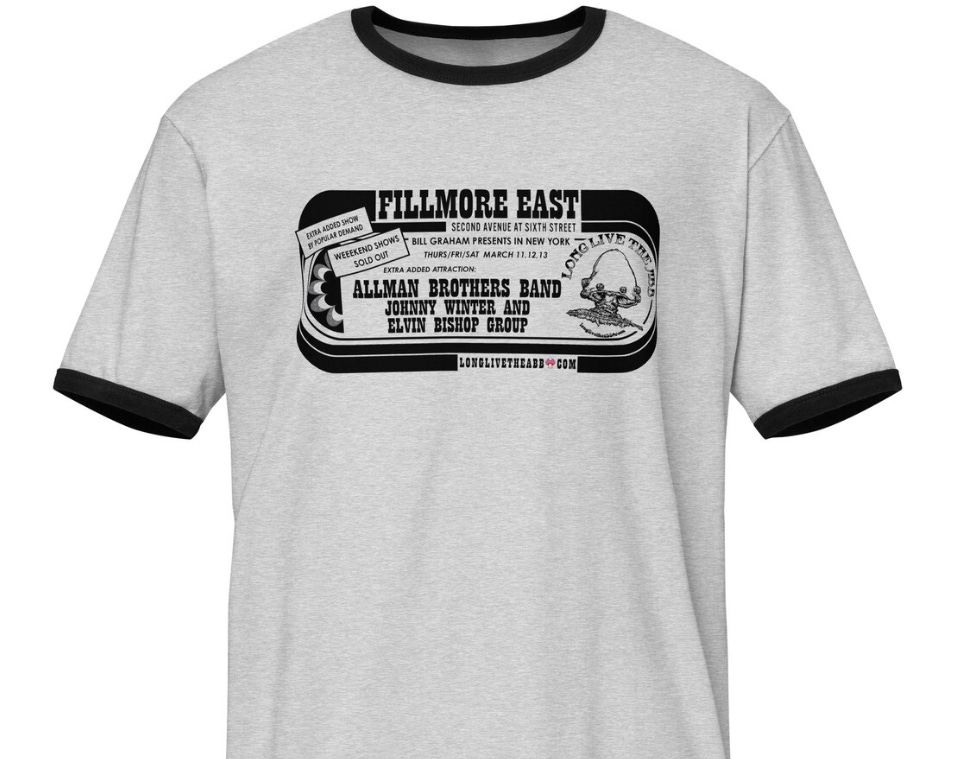
Jimmy Carter in an ABB shirt
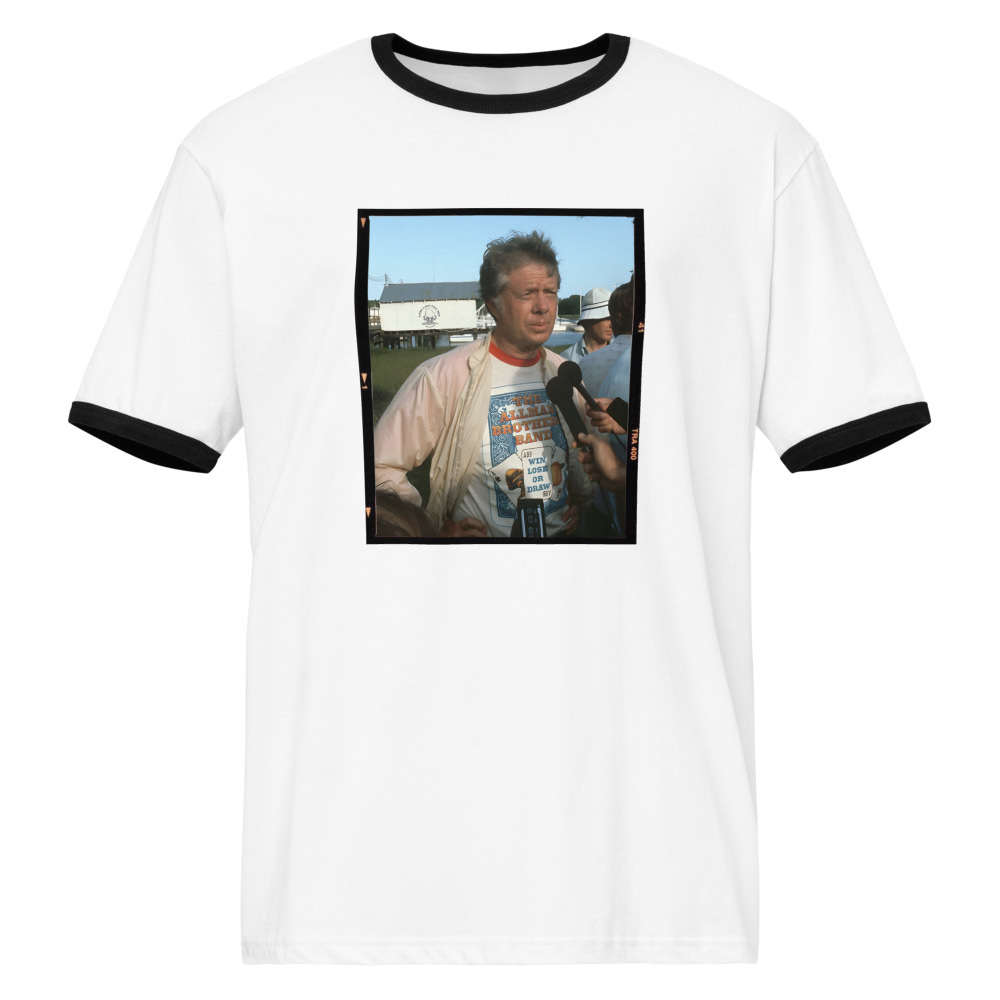
Lagniappe
Allman Brothers Band January 17, 1971 (Hot ‘Lanta, GA)
Some cuts & rough sound in spots, but an otherwise great listen to the Allman Brothers Band as they rehearsed to record At Fillmore East.6
REMEMBER…
Until next time…
🍄 Get yers https://www.amazon.com/dp/0813069505
And a beach town (Daytona), just like me (Stuart)!
Little did I know how valuable those lessons would be in the ensuing years.
Glover, of Koerner, Ray & Glover fame, was a musician, critic, and a longtime friend of Bob Dylan’s from the Minneapolis folk scene.
The ABB were not listed as the headliner, that’s my artistic adaptation.
Here’s a little on the setlist they played that night:


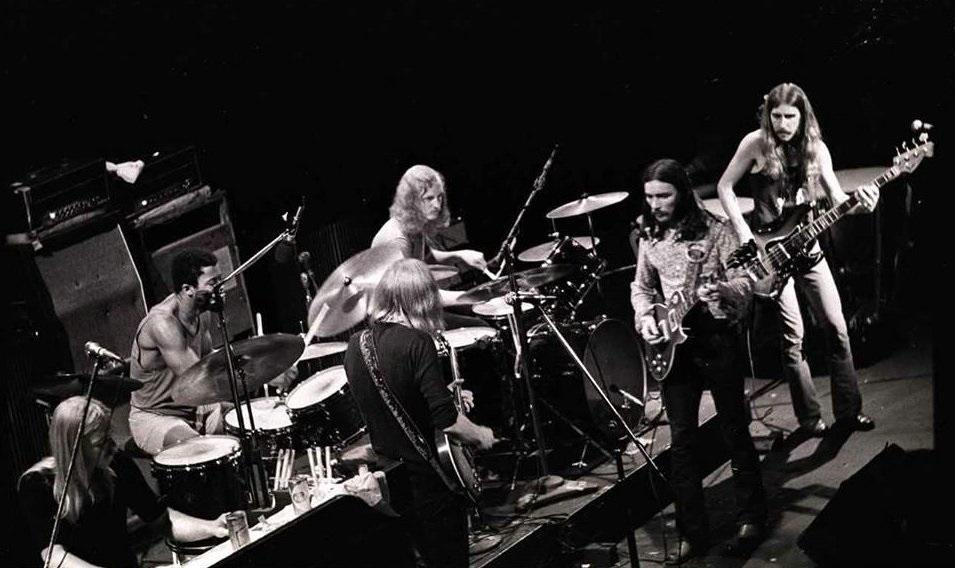
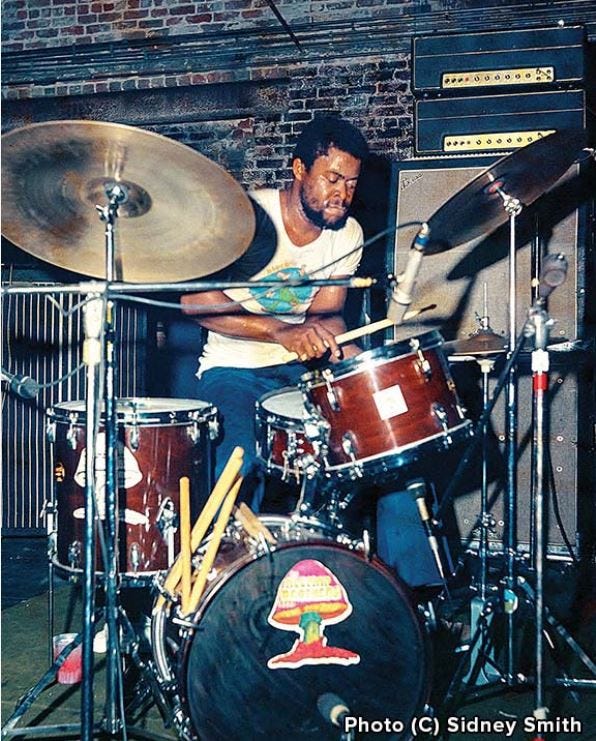
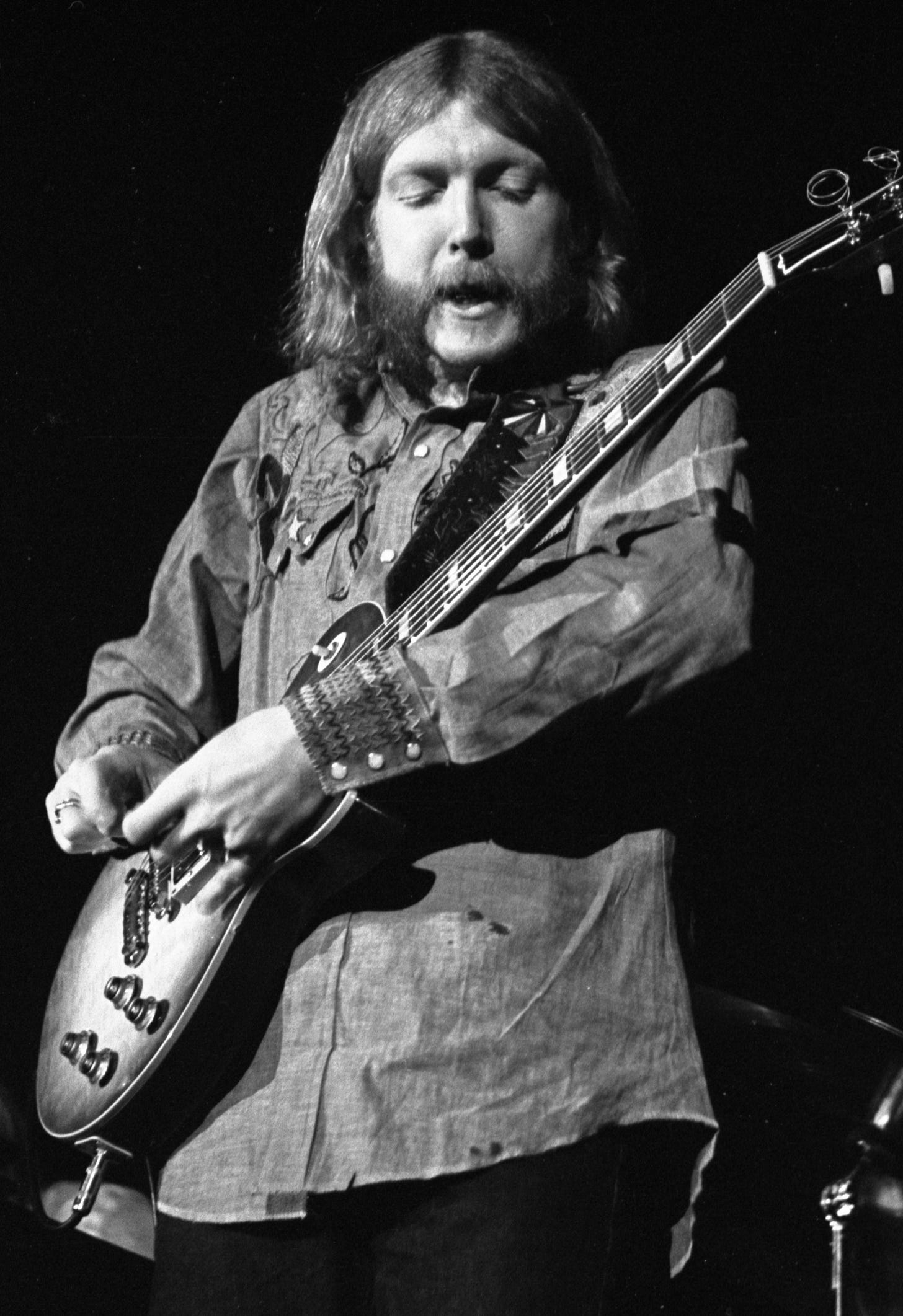
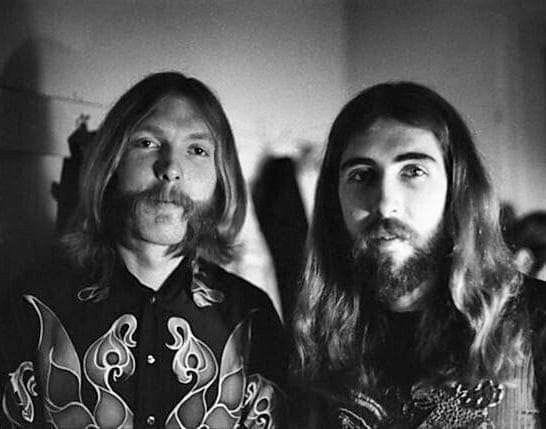
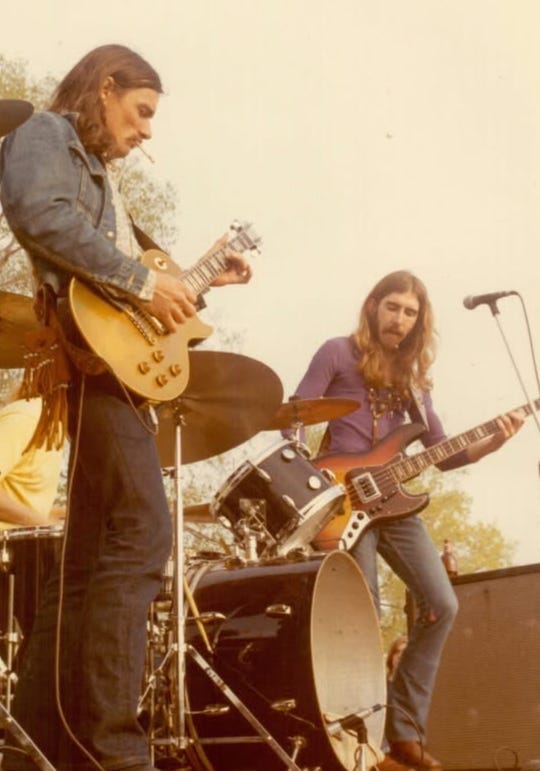
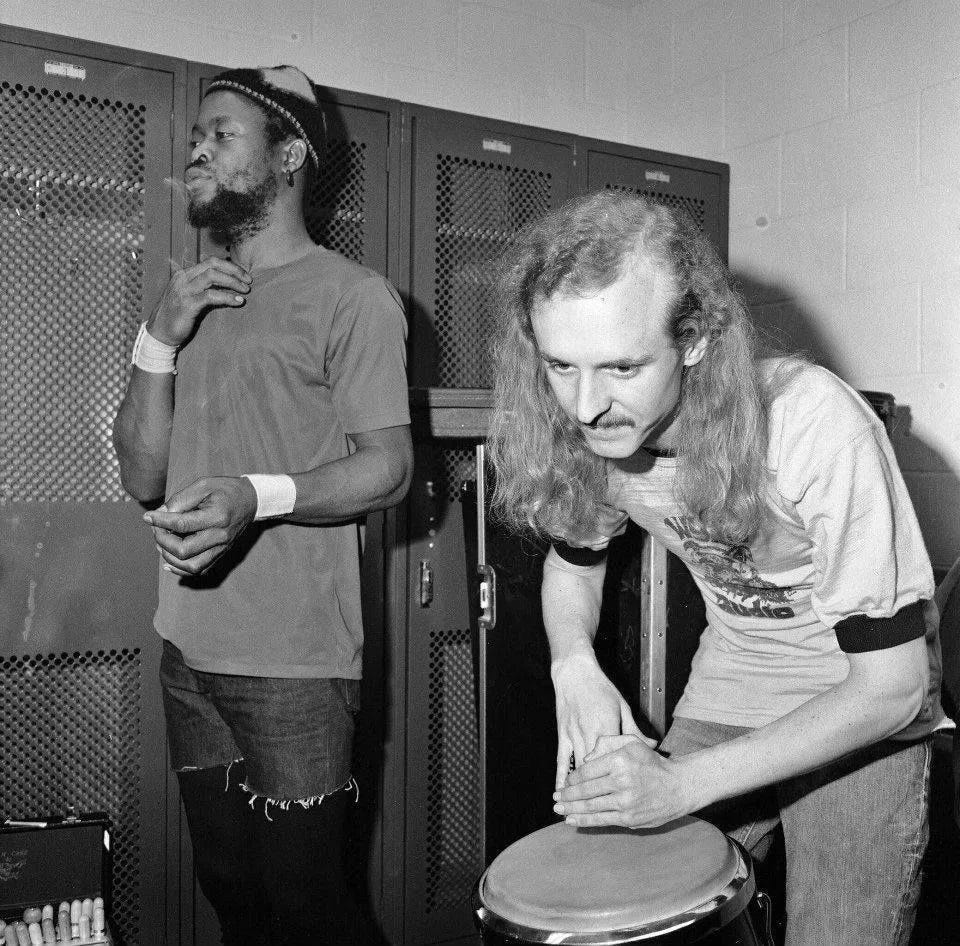
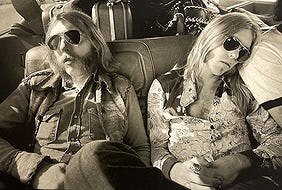
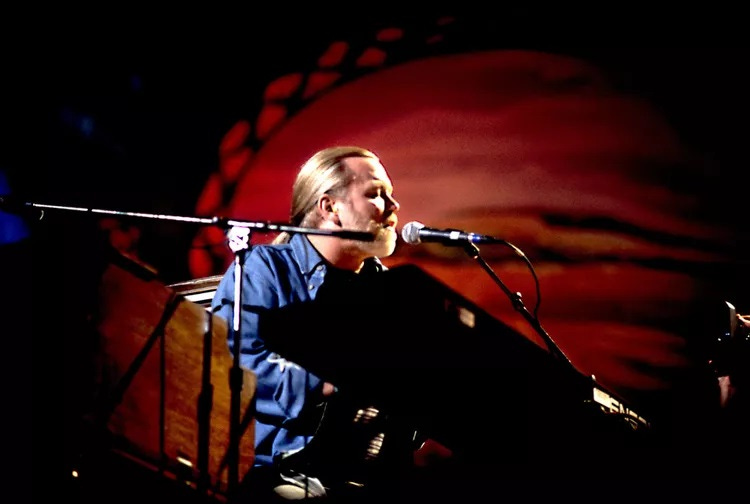
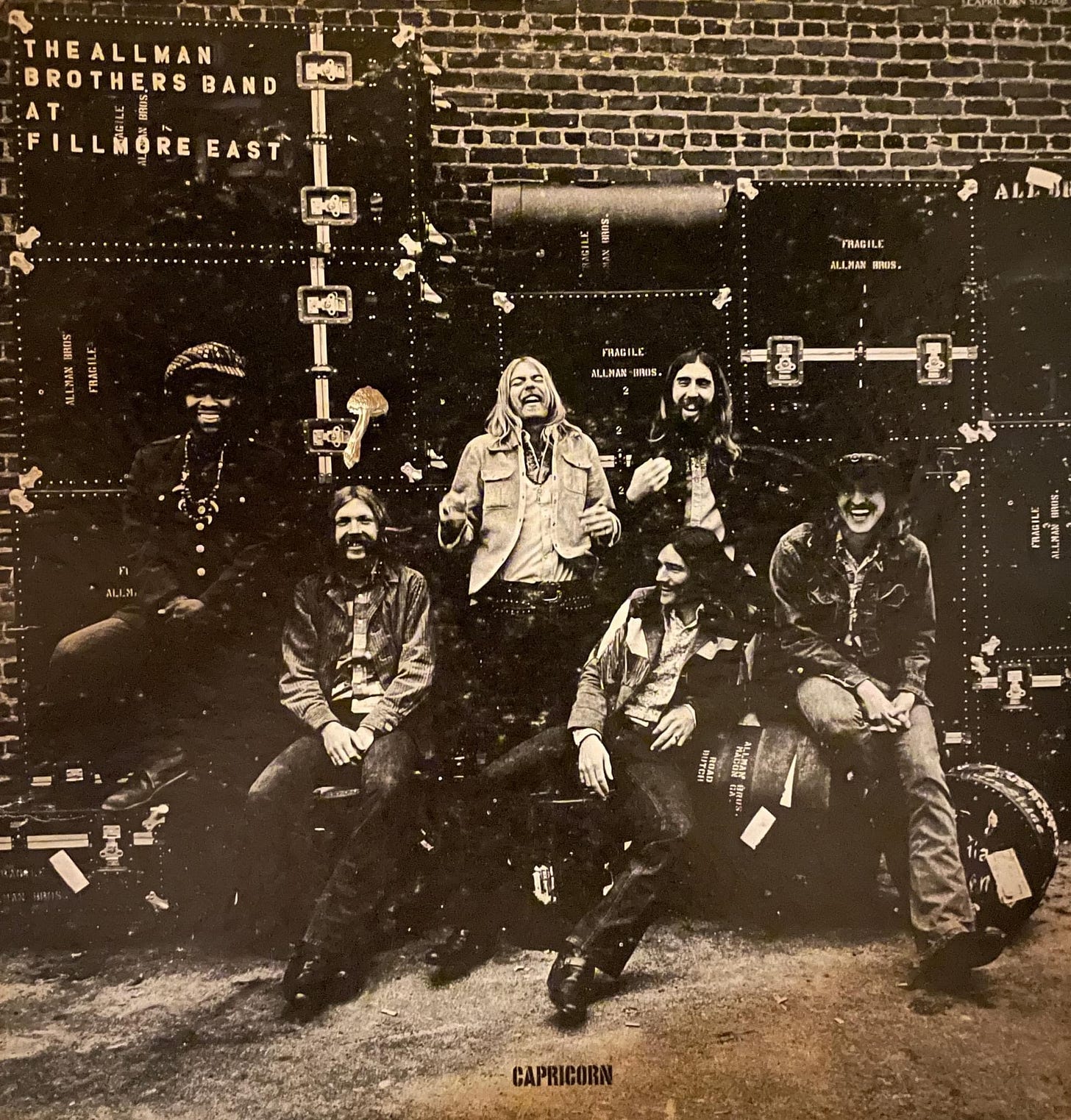
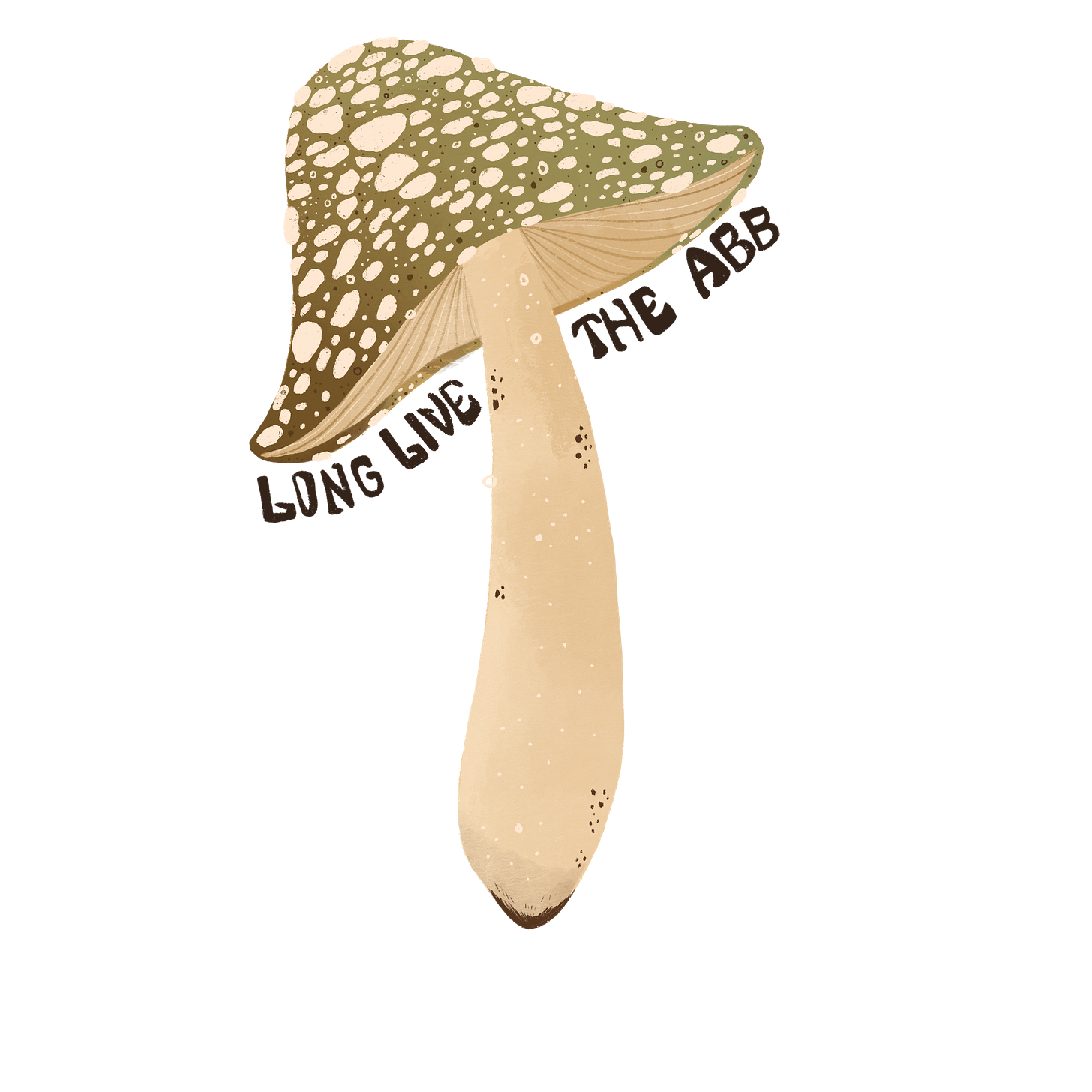
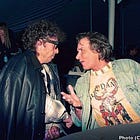
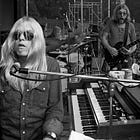
They just stand there and play their heads off. Yep. Sure did. Good post. Thanks.